Footnotes
Chapter Three: I Dont Want to be the: One to Let it Go
The Devonshires had quite a collection of mansions. As well as Chatsworth, Hardwick Hall and Compton Place, they owned Bolton Abbey in North Yorkshire, Lismore Castle in Co. Waterford and a smattering of smaller country houses strewn around their estates. The 9th Duke had sold Devonshire House, Piccadilly, their London residence, in 1920, and their Chiswick House estate, including the famous Palladian masterpiece built for the Earl of Burlington, in 1929. They were men (and women) of property.
Chapter Four: Keeping Up Appearances
The supply of peacocks must have run out by 1941, when Lady Onslow was fined 5 by Guildford magistrates for obtaining twice the households ration of meat from her local butcher.
Chapter Five: Reducing Mansions
The Lansdownes up to and including the 7th marquess used the English spelling of the title. The 8th adopted the Scottish Marquis.
It was re-installed in the new Lloyds Building designed by Richard Rogers and completed in 1986.
Chapter Six: Fit for a Queen
As he became on 22 February 1957, when it was gazetted that he was to be known as His Royal Highness The Prince Philip, Duke of Edinburgh.
Chapter Eight: Modern Movements
After his death he was found to be carrying a loaded revolver. Security was not tight at the Edwardian Old Bailey.
Chapter Nine: The American Dream
Robinson later remembered this being in 1927 or 1928; in fact, the article in question appeared in 1932.
Although America was easily the most popular source of brides for the British aristocracy, the Empire yielded up its share: Canada, Australia, New Zealand, Kenya, Rhodesia, India and Hong Kong were all represented. So were France, Argentina, Sweden, Denmark, Norway, Belgium, Chile, Serbia, Hungary, Latvia, Poland and Austria. The mid century nobility were a cosmopolitan lot.
Chapter Ten: A Rich Interior Life
Known today as Sudbury Yellow. You can buy it from Farrow & Ball.
When Hicks grand engagement was announced, his friend Antony Armstrong-Jones said, Oh, I dont call that grand. A few months later the world found out what he meant.
Chapter Thirteen: How to Run a Stately Home
The 2nd Lord Montagus enthusiasm for motoring extended into his personal life. His secretary and mistress was Eleanor Thornton, the model for the Spirit of Ecstasy, the famous Rolls-Royce bonnet mascot.
Chapter Fourteen: U Meets Non-U
Randolph, whose appetite for strong drink was even greater than his fathers, once dressed up as Father Christmas for a childrens party at Chartwell, before haranguing the bewildered children on the iniquities of Anthony Edens government (Rose, Whos In, Whos Out, 107).
Nico married Georgie Fame in 1972 and the couple had a second son together.
Chapter Fifteen: Almost a Fairy Story
While they waited, Tony decided to stay out of the public gaze and went to stay with his sister Susan, Viscountess de Vesci, at her husbands country house in Co. Laois. While there he photographed Brendan Behan, who took brother and sister to a Dublin bar after the shoot. Seeing a priest of his acquaintance, Behan turned to Susan and said, Do you know what that feckin priest said to me the other feckin day? He said, I want to feck my feckin sister-in-law. So I said to him, Well, its a lot better than feckin your feckin brother-in-law. Susan, who hardly ever drank, asked for a large gin and tonic (De Courcy, Snowdon, ch. 5).
Chapter Seventeen: Bad Behaviour
Valerie Profumo was only too aware of her husbands roving eye, complaining that he flirted in front of her and was always on the lookout for his next conquest, even when they were dancing together. She also complained about his tight trousers: Surely there must be some way of concealing your penis. (Davenport-Hines, An English Affair, 61.)
Chapter Eighteen: Lions Rampant
It was later claimed that the raid took place because Lady Osborne had forgotten to pay off the local police.
Grandeur must be abandoned to be appreciated
B LAISE P ASCAL
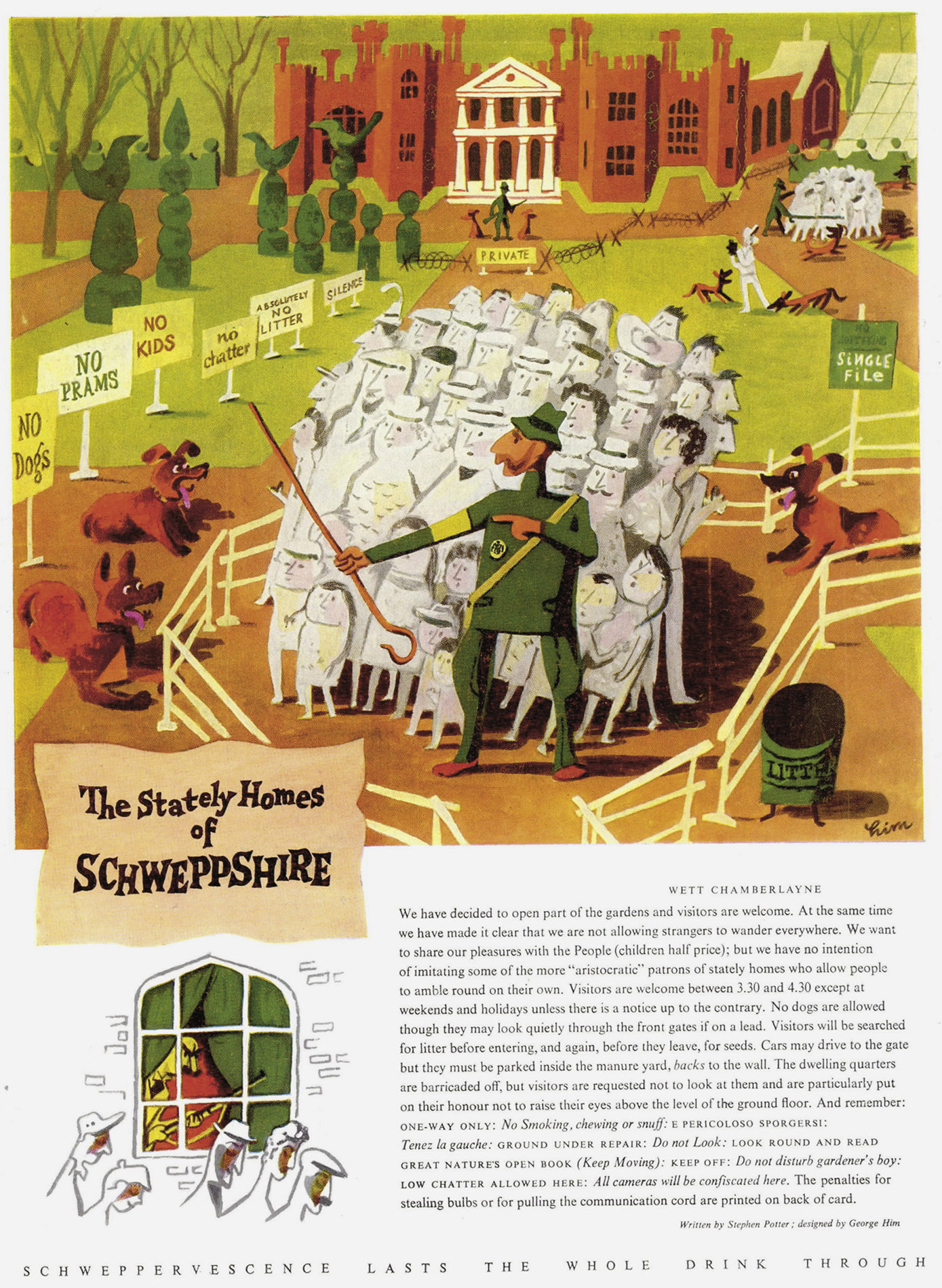 One of a series of advertisements run by Schweppes in the late 1950s, offering an ironic take on the stately home business
One of a series of advertisements run by Schweppes in the late 1950s, offering an ironic take on the stately home business.
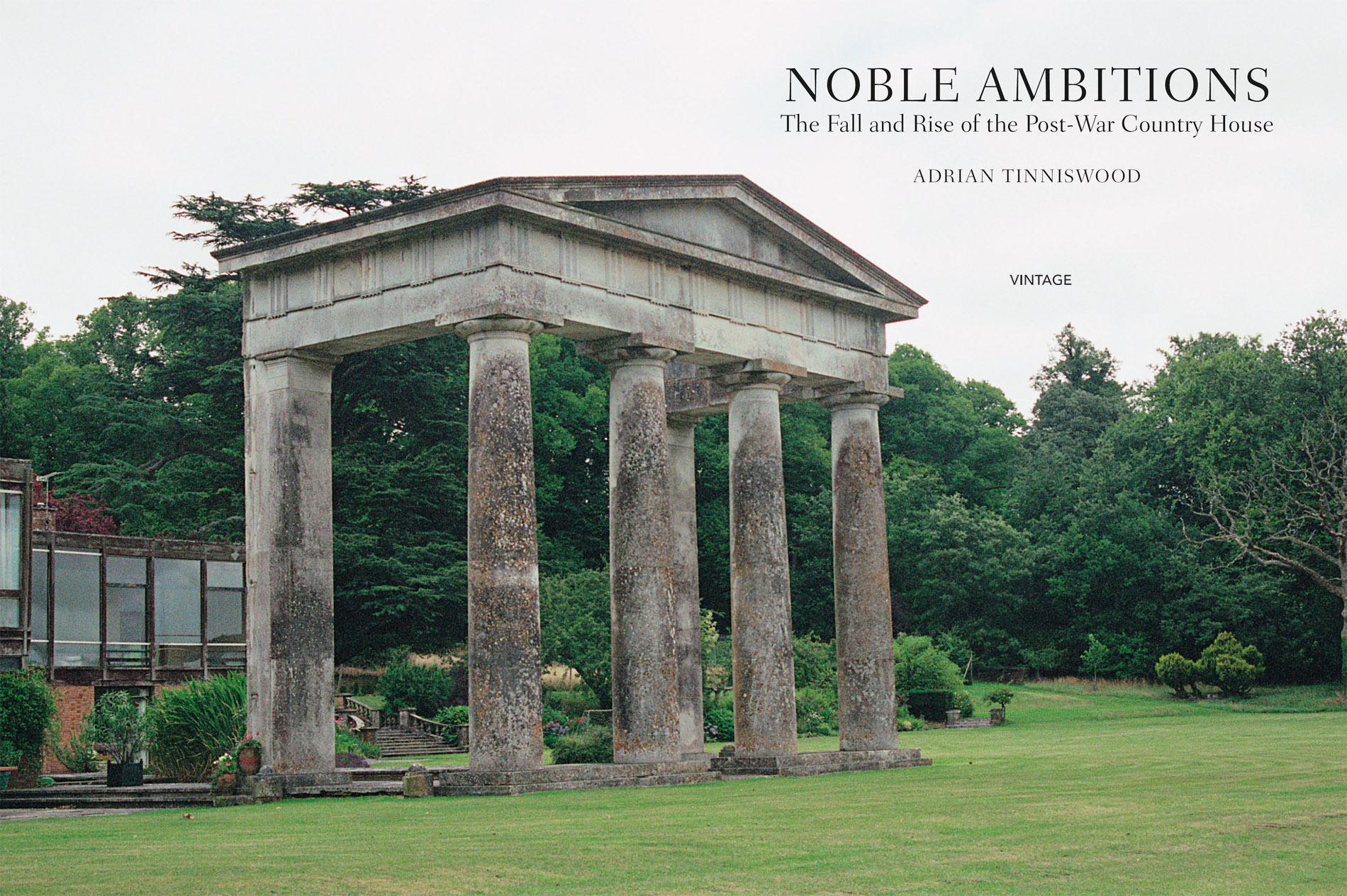
A LSO BY A DRIAN T INNISWOOD
Historic Houses of the National Trust
Country Houses from the Air
Life in the English Country Cottage
Visions of Power: Ambition and Architecture
The Polite Tourist: Four Centuries of Country House Visiting
The Arts & Crafts House
The Art Deco House
His Invention So Fertile: A Life of Christopher Wren
By Permission of Heaven: The Story of the Great Fire of London
The Verneys: A True Story of Love, War and Madness in Seventeenth-Century England
Pirates of Barbary: Corsairs, Conquests and Captivity in the
Seventeenth-Century Mediterranean
The Rainborowes: Pirates, Puritans and a Familys Quest for the Promised Land
The Long Weekend: Life in the English Country House Between the Wars
Behind the Throne: A Domestic History of the Royal Household
The Royal Society and the Invention of Modern Science
The House Party: A Short History of Leisure, Pleasure and the Country House
VINTAGE
UK | USA | Canada | Ireland | Australia
New Zealand | India | South Africa
Vintage is part of the Penguin Random House group of companies whose addresses can be found at global.penguinrandomhouse.com.

First published by Jonathan Cape in 2021
Copyright Adrian Tinniswood 2021
The moral right of the author has been asserted
Front cover: Deborah, Duchess of Devonshire and her two children, 1952 Norman Parkinson/Iconic Images
The author and publishers have made every effort to trace and contact copyright holders.
The publishers will be pleased to correct any mistakes or omissions in future editions.
Designed by Peter Ward
ISBN: 978-1-473-56916-4
This ebook is copyright material and must not be copied, reproduced, transferred, distributed, leased, licensed or publicly performed or used in any way except as specifically permitted in writing by the publishers, as allowed under the terms and conditions under which it was purchased or as strictly permitted by applicable copyright law. Any unauthorized distribution or use of this text may be a direct infringement of the authors and publishers rights and those responsible may be liable in law accordingly.
For Felicity Bryan
19452020
Introduction
In my beginning is my end. In succession
Houses rise and fall, crumble, are extended,
Are removed, destroyed, restored
T. S. Eliot, East Coker (1940)
B Y THE OUTBREAK OF THE S ECOND W ORLD W AR so many of the nations country houses, whether ornate baroque palaces or picturesque Tudor manor houses, vast neoclassical mansions or battlemented Victorian follies, had been tottering for years under the weight of rising taxes, a dwindling supply of domestic help, and an uncomfortable sense that as a class their owners were surplus to requirements, as anachronistic in twentieth-century Britain as the rusting suits of armour that decorated their dusty halls. In 1939 the golden age of the country house, with its lavish entertaining and its armies of servants, seemed a distant memory and in truth, a memory that had been burnished by the passage of time until it shone more brightly than it ever had in real life. But on one thing, truth and memory were in agreement: the years since the end of the First World War had been a disaster for the country house. Estates had been broken up. Mansions had been emptied of their contents and demolished. Families who had been at the heart of rural communities for generations had been forced to sell up and move away. The country house was in crisis.

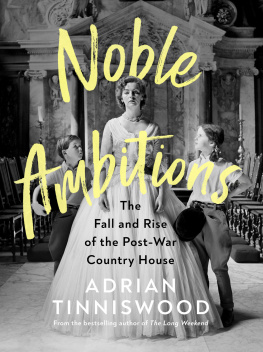
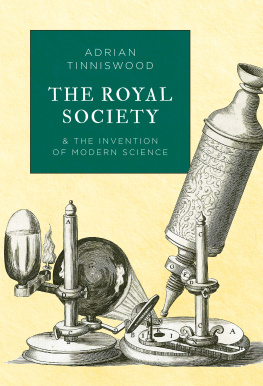
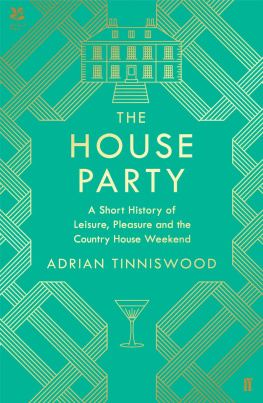

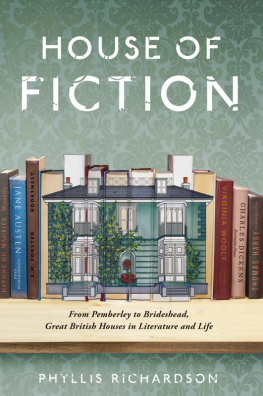
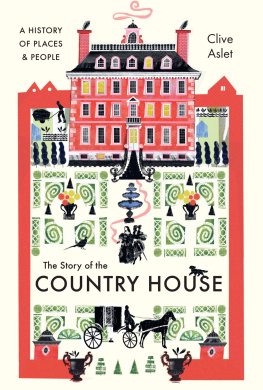

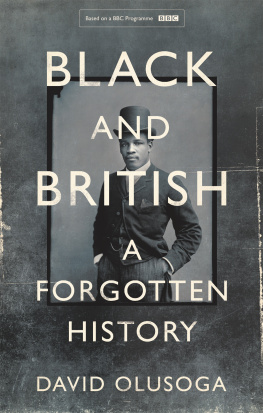
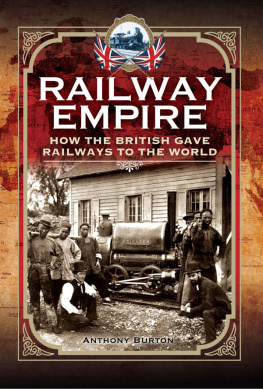

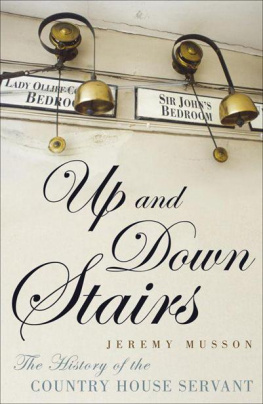
 One of a series of advertisements run by Schweppes in the late 1950s, offering an ironic take on the stately home business.
One of a series of advertisements run by Schweppes in the late 1950s, offering an ironic take on the stately home business.
